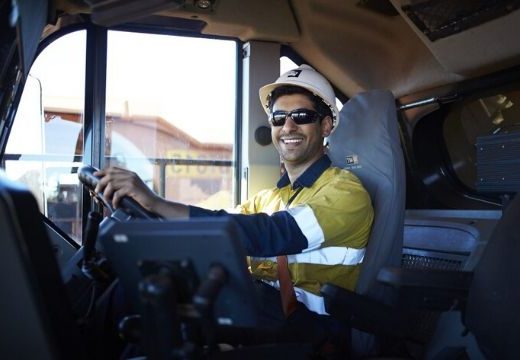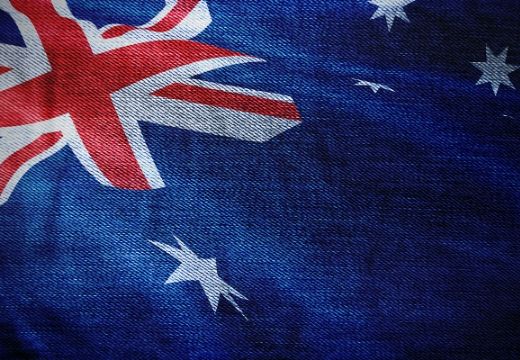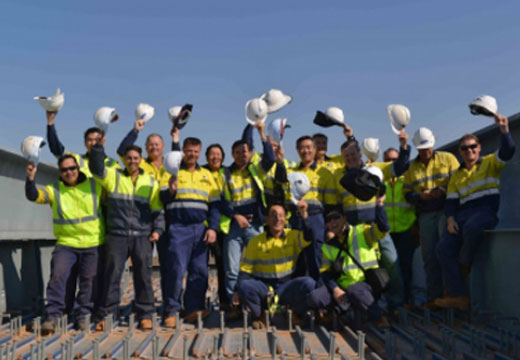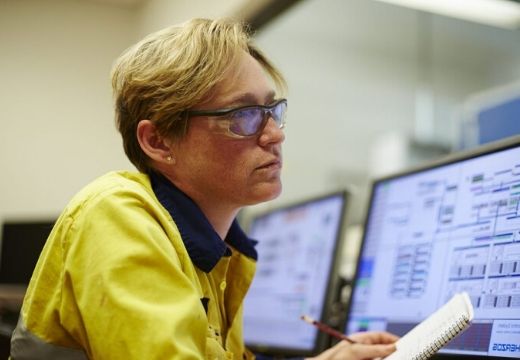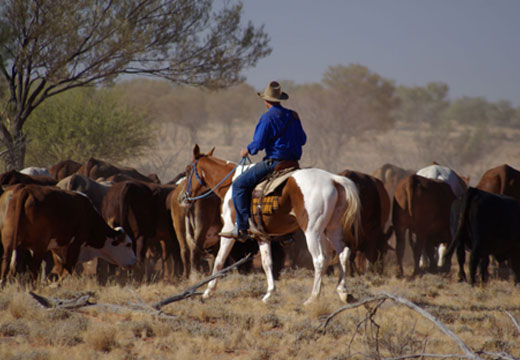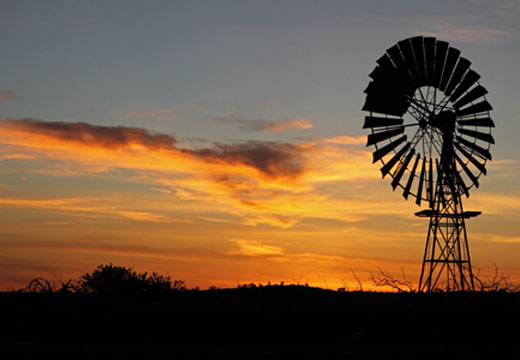03 September, 2024
Read moreWorld Free Zones Organization | Latest News
20 August 2024
Read moreWorld Free Zones Organization | Latest News
13 August 2024.
Read moreWorld Free Zones Organization | Latest News
30 July 2024.
Read moreWorld Free Zones Organization | Latest News
23 July 2024.
Read moreWorld Free Zones Organization | Latest News
9 February 2024.
Read moreWorld Free Zones Organization | Latest News
25 January 2024.
Read moreMaru defends SEZ policy
Minister for International Trade and Investment, Richard Maru is reemphasizing the national Government’s policy of Special Economic Zones (SEZs) stating that it is a signature policy of the Marape-Rosso government.
Read moreAjman announces new UAE free zone
Ruler of Ajman issues royal decree to establish free zone in the Emirate.
Read moreIncentives in Malaysia’s Special Economic Zones: A Guide for Businesses
Special economic zones (SEZs) in Malaysia provide fiscal incentives and tax relief, sector-specific perks, and strong infrastructure. We list the available incentives for businesses in the country’s respective SEZs.
Read more